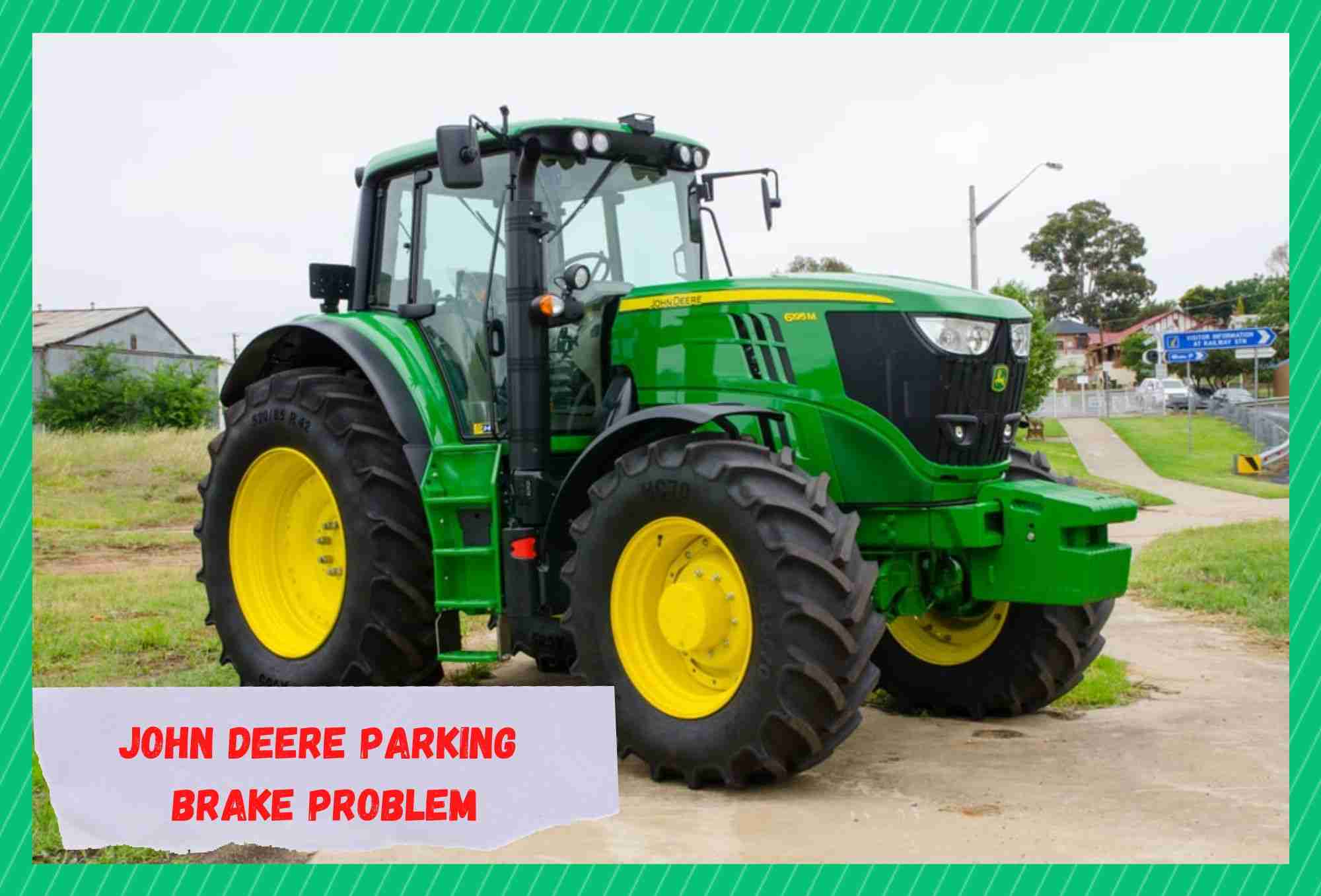
A tractor is a popular farming vehicle widely used all over the world for agriculture-related tasks. It delivers high tractive effort at slow speeds, making it a great option for farming.
From tillage to planting, it can perform various farming tasks. Modern tractors are highly versatile and even used on construction sites and for landscaping.
John Deere is one of the most respected names in the tractor industry. Since its inception in 1837, the company has revolutionized farming with its powerful tractors. The company has manufactured lots of reliable tractors and has made a great reputation in the industry.
Despite their sound construction, the John Deere tractors can also show problems over time. Many users have complained about parking brake problems in these tractors.
Of course, brakes are important for your and your tractor’s safety. Therefore, you should know about common parking brake problems and their solutions. That’s where we come in!
In this article, we will share some common parking brake problems in John Deere tractors, along with their simple workarounds. In case of any problem, consider trying these workarounds before contacting customer support. Let’s delve deeper without any further ado!
John Deere Parking Brake Problem
Some common parking brake problems in the John Deere tractors are:
- Brake Engaging Randomly
This is the most common problem associated with John Deere tractors. Many users have stated that the brake keeps engaging randomly while driving. Of course, the situation is quite frustrating for the user as it stops the tractor. And if this problem keeps occurring repeatedly, it needs your attention.
Most users have associated this problem with the engine revving. According to them, the problem usually happens when the engine goes to high rpm suddenly.
If that’s the case, you need to check the transmission oil level of your John Deere tractor. If the oil level is low, the parking brake of your John Deere tractor may engage by itself.
The transmission oil is responsible for lubricating your John Deere tractor’s bearings and several other components. Furthermore, it helps your tractor engage brakes smoothly.
If you keep using your tractor even when the transmission oil level is low, it can cause serious damage to the transmission, resulting in costly repairs. So, regardless of your model, you should have enough transmission oil in the reservoir to avoid this problem.
To check the transmission oil level in your John Deere tractor, park it first on a level surface and power it off. It is advised to run your engine at 1000 rpm for some time before turning it off.
Once done, turn off the engine and wait for 4-5 minutes. This will allow the oil in your tractor to settle down, ensuring an accurate reading.
Now, locate the dipstick of your John Deere tractor. It is usually found under the driver’s seat but may vary depending on the model of your John Deere tractor.
If you have no idea about it, consider checking the manual of your John Deere tractor. Go to the transmission section, and you will find out its location there.
Once you have located it, put it in the reservoir to check the transmission oil level of your John Deere tractor. If it is lower than the recommended level, you will need to refill it to fix the parking brake problem in your John Deere tractor.
Make sure to clean the funnel before refilling the transmission oil in your John Deere tractor. And yes, don’t add all the oil at once. It is advised to add some oil and check the level, or else you may end up overfilling it.
Furthermore, it is recommended to get your transmission oil changed every once in a while. If it looks red or brown or has some dust or other particles, you will need to change it to avoid damage to the transmission of your John Deere tractor.
Place a drain pan under your tractor and drain the dirty oil. Now, simply refill it, and it will likely fix the parking brake problem in your tractor.
In addition to that, you also need to take a look at the oil filter because a clogged oil filter can also cause parking brake problems.
It may be often overlooked, but a transmission filter is vital for your transmission’s optimal performance. If you haven’t changed the filter in a long time, now might be a good time to do it.
The oil filter removes the foreign particles, such as dust and debris, from the transmission oil, thus keeping them from entering the transmission system.
If you are having difficulty changing the gears of your tractor, there could be something wrong with the transmission filter. Furthermore, a burning smell is also a symptom of a clogged transmission filter.
If that’s the case, the good news for you is that changing the transmission filter is an easy process. If you have DIY skills, you can replace the filter by yourself without hiring a professional. Once you have replaced the filter, drive your John Deere tractor and see whether it has resolved the issue or not.
- Defective Wiring
Faulty or damaged wiring in the system can also cause problems with parking brakes. So, if your parking brake is not functioning properly, consider inspecting the wiring of your John Deere tractor.
To check the wiring, you will need a multimeter. Start by taking off all the screws to access the wiring. Then visually inspect the wires for any damage. If you see any frayed or damaged wire, replace it immediately to fix the parking brake.
Make sure to wear gloves and other protective gear while repairing your John Deere tractor. And yes, do not forget to turn off the engine first.
If all wires look fine, consider testing them with the multimeter. Attach the leads of your digital multimeter to wires. If it gives a beep, it means that the wires are in good health. However, if it doesn’t, it indicates that your wires have no voltage and must be replaced.
Checking all wires of your John Deere tractor to diagnose the problem can take hours and hours, so it would be a good idea to reach out to a trained professional. They will examine the wiring and other components, like fuses, and identify the problem.
That being said, a complete wiring diagram is also provided on the user manual of your John Deere tractor. Consider checking the diagram to locate all the components. It is recommended to inspect the wiring every now and then to avoid the parking brake problem in John Deere tractors.
- Loose Latch
If the latch of your parking brake system is loose, it may also lead to a few problems, including the parking brake getting stuck. If the parking brake of your John Deere tractor is not engaging, consider checking its latch. If it is loose, adjust it properly, and it will fix the parking brake.
The Bottom Line
John Deere tractors are loved for their ultimate performance and durability. However, parking brake problems are quite common in these tractors. Sometimes, the parking brake engages randomly or does not engage at all.
We have outlined various causes and solutions for parking brake problems. Make sure that you have enough transmission oil and that its filter is in good working condition.

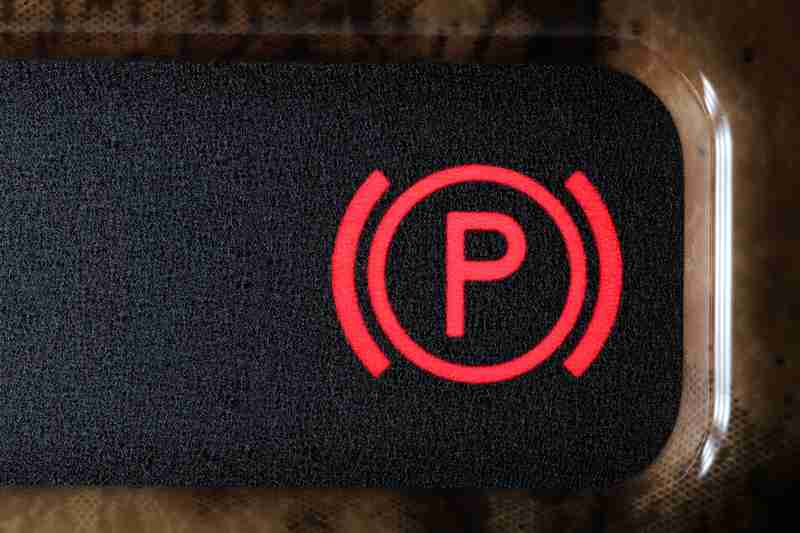
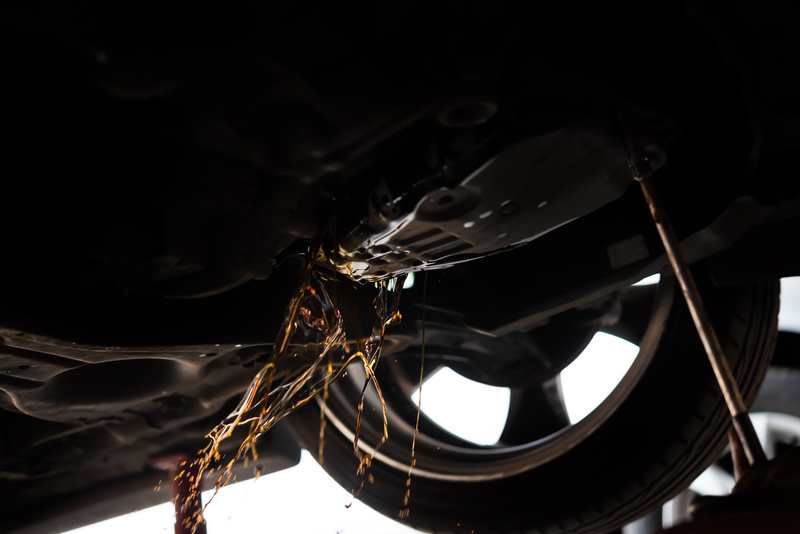
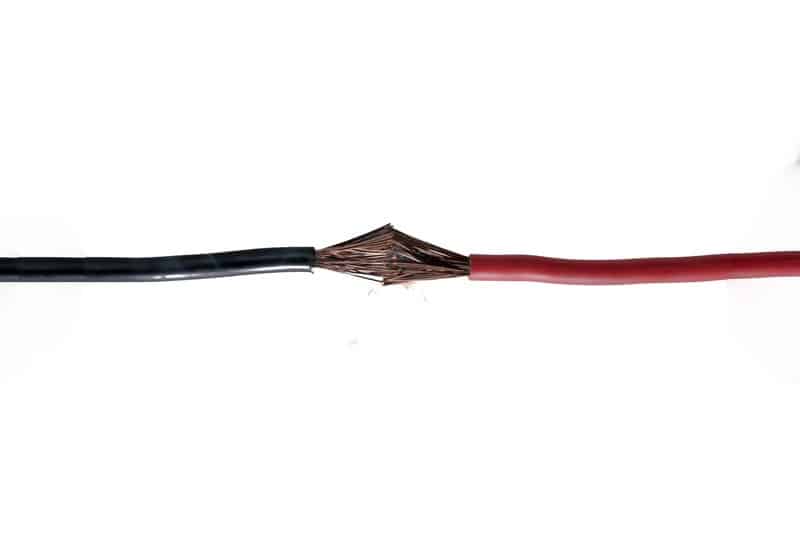
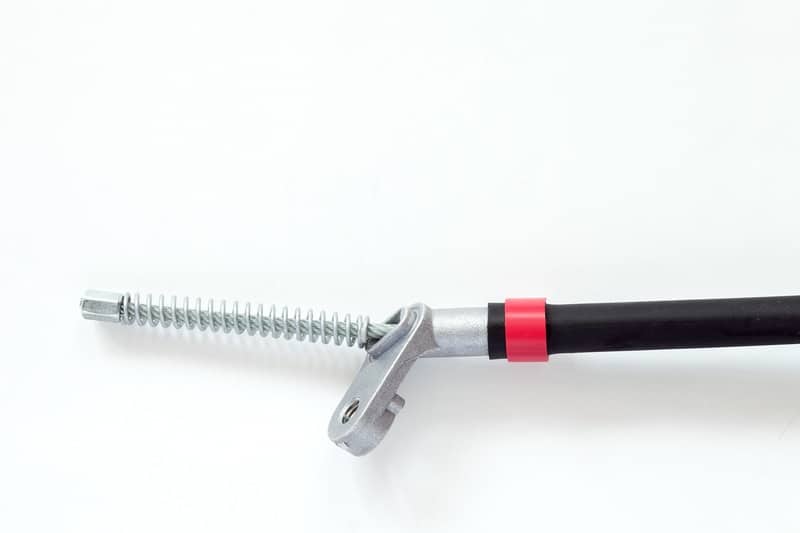
Have a johndeere 8800 5 deck more it want crank,dio.says brake not engaged but it is.
The parking brake engaged while the PTO was engaged. The mower stopped and will not start now.